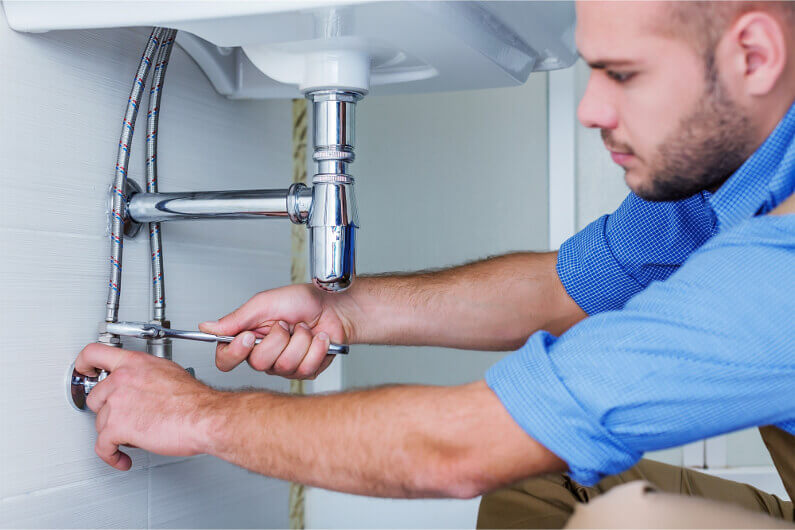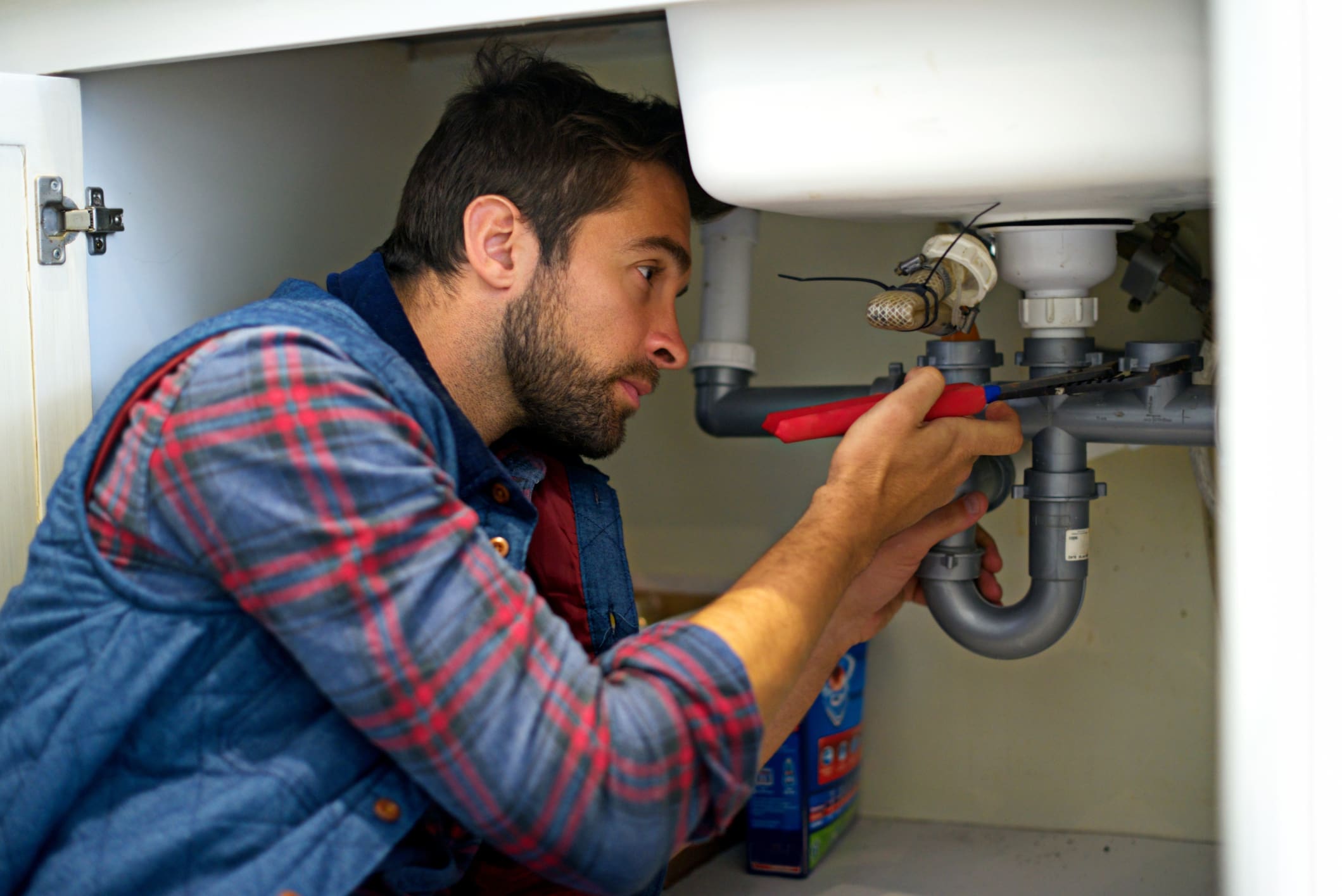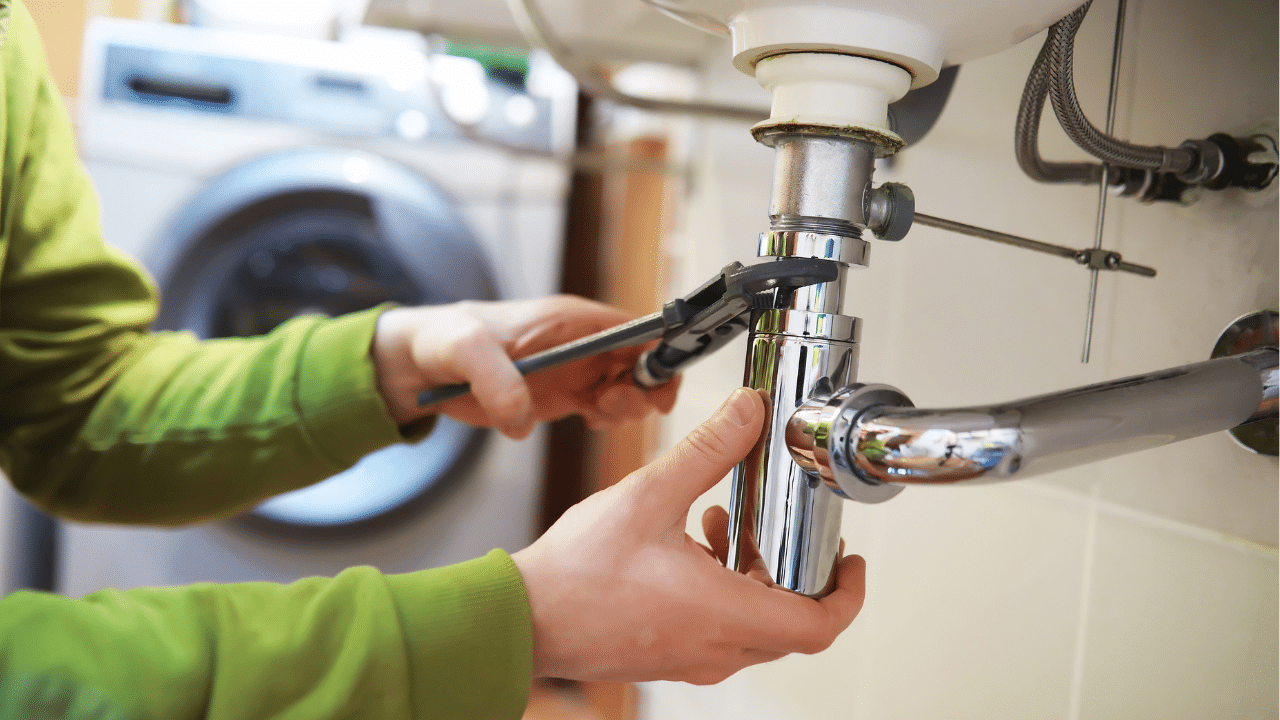All Categories
Featured

[/image][=video]
[/video]
Nevertheless, before you rush to call a plumbing professional or make some poor do it yourself option, you could intend to have a look at these pipes keys that can conserve you time and money. It's essential to know where you water turned off valve is in your home, as this can save you from even more serious damage when pipes problems happen.
Once whatever is transformed off, take a look at your water meter. A continued motion on your water meter when all water resources are turned off is a clear red flag that requires prompt focus.
Slow-moving drains are commonly an early warning indicator of a bigger issue. It might suggest a clog in the production, a problem with your sewage system line, or also tree roots infiltrating your pipelines. Rather of waiting on the drain to become entirely blocked, do something about it as quickly as you see a stagnation.

If these don't function, it may be time to call in an expert. Neglecting the concern could result in more significant and costly troubles down the line. Understanding where your primary water shutoff valve is can conserve you from prospective water damage in case of a major leakage or plumbing calamity.
Is Diy Plumbing Safe?
Ensure every family grown-up understands where the shutoff valve is and how to use it. In case of a significant leak, rapidly shutting off your home's water can minimize damages and give you tranquility of mind while you wait on a plumbing professional to arrive. It's a popular idea that chemical drain cleansers are the utmost solution for clogged up drains pipes a concept that couldn't be even more from the truth.
The chemicals can wear away the internal lining of the pipes, leading to weakened structures, leaks, and also pipeline ruptureds. They can permeate into groundwater and pollute it, posturing risks to regional environments.
These tools can efficiently clear clogs without triggering any kind of damages to your pipes. If these approaches do not work, do not hesitate to call a professional. Remember that avoidance is constantly far better than treatment. Avoid pouring grease, oil, or any strong waste down your drains pipes, as they can strengthen and create clogs.

Over-tightening can lead to several problems, including stripped screws and busted bolts, resulting in leakages or even water damage. This typical mistake in do it yourself pipes jobs can transform a minor repair service into a pricey venture. Rather, pursue a tight fit. The suitable ought to be limited adequate to stop leaks but not so tight that it puts excessive stress on the equipment.
Should I Do My Own Plumbing?
Plumbing technician's tape, or Teflon or thread seal tape, is a must-have device for every property owner. It develops watertight seals at pipeline strings, protecting against leakages at joints and links.

Prior to connecting any type of fittings, take a minute to cover a few layers of plumbing professional's tape around the threads in a clockwise direction. Make sure the tape covers all the strings and is wrapped firmly. This easy yet important action can save you from taking care of frustrating leaks down the line.
Keep in mind that for larger problems, professional assistance is constantly recommended. To avoid this from happening, consider installing pipe insulation.
And also, throughout colder months, pipeline insulation can help stop your pipelines from cold and bursting a situation that can bring about expensive repair services. When it comes to securing fixtures like faucets, lots of DIY lovers intuitively get to for a plumber's putty. But there's a choice that may serve you better silicone caulk.
Is Diy Plumbing Safe?
This flexibility permits it to accommodate slight shifts or motions without damaging the seal, giving a more resilient and resilient service. Just remember to allow the caulk remedy completely according to the supplier's directions prior to subjecting it to water to guarantee the most effective results. "Doping" in pipes describes using pipe dope, or pipe joint compound, to the threads of pipes links prior to they're screwed together.
Latest Posts
24/7 Plumber
Plumber
Plumber nearby